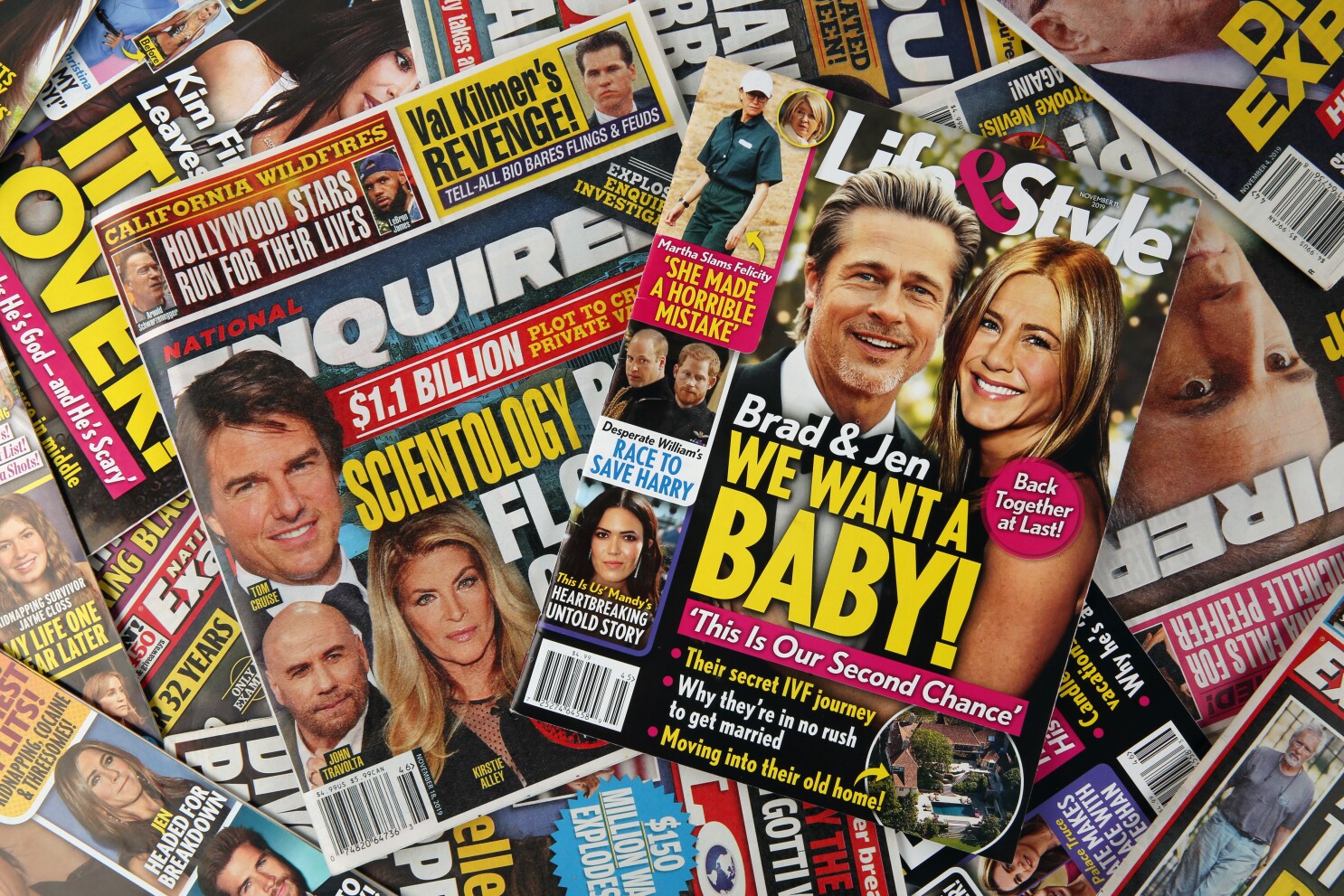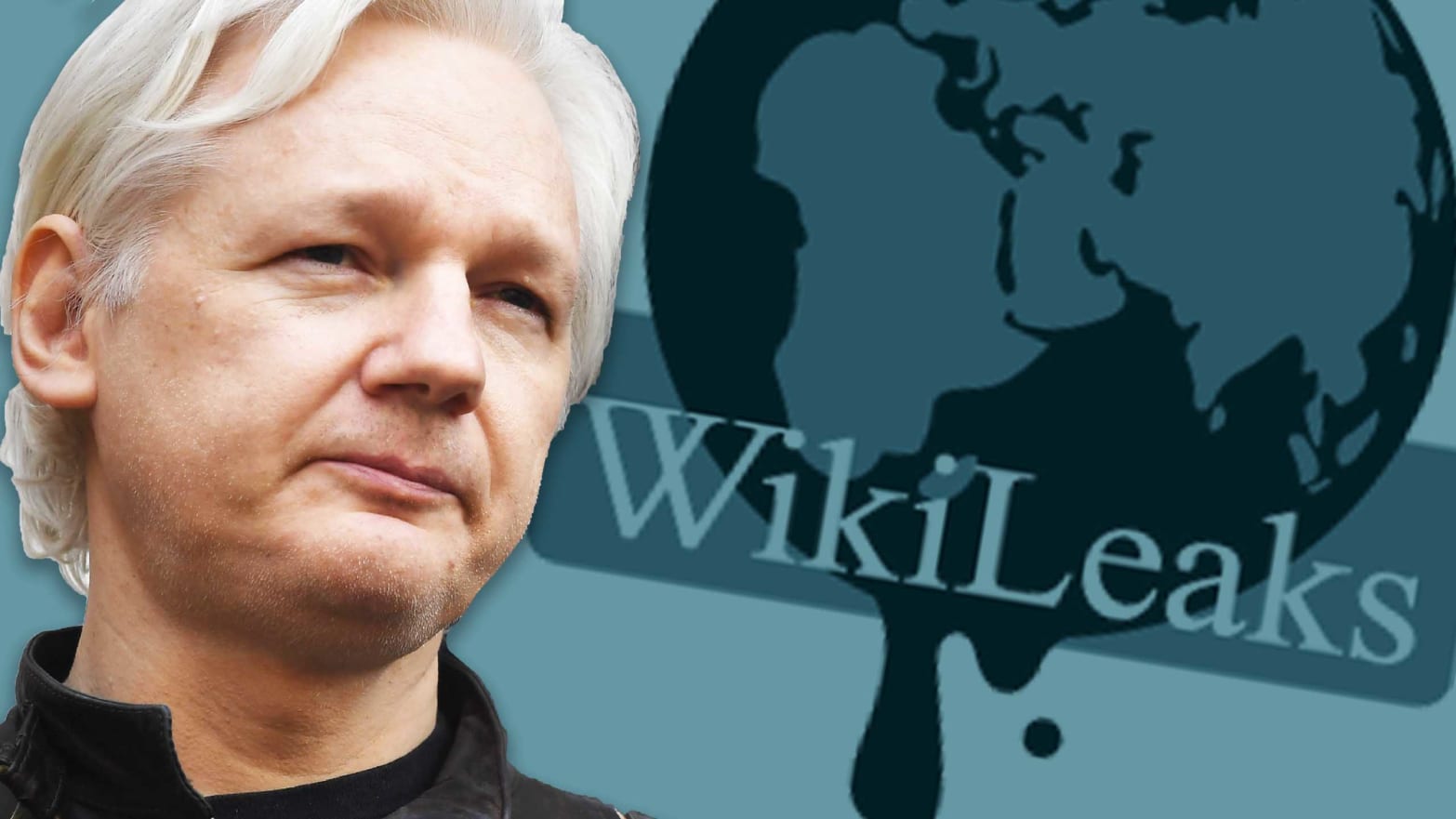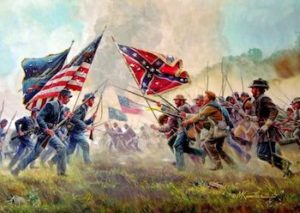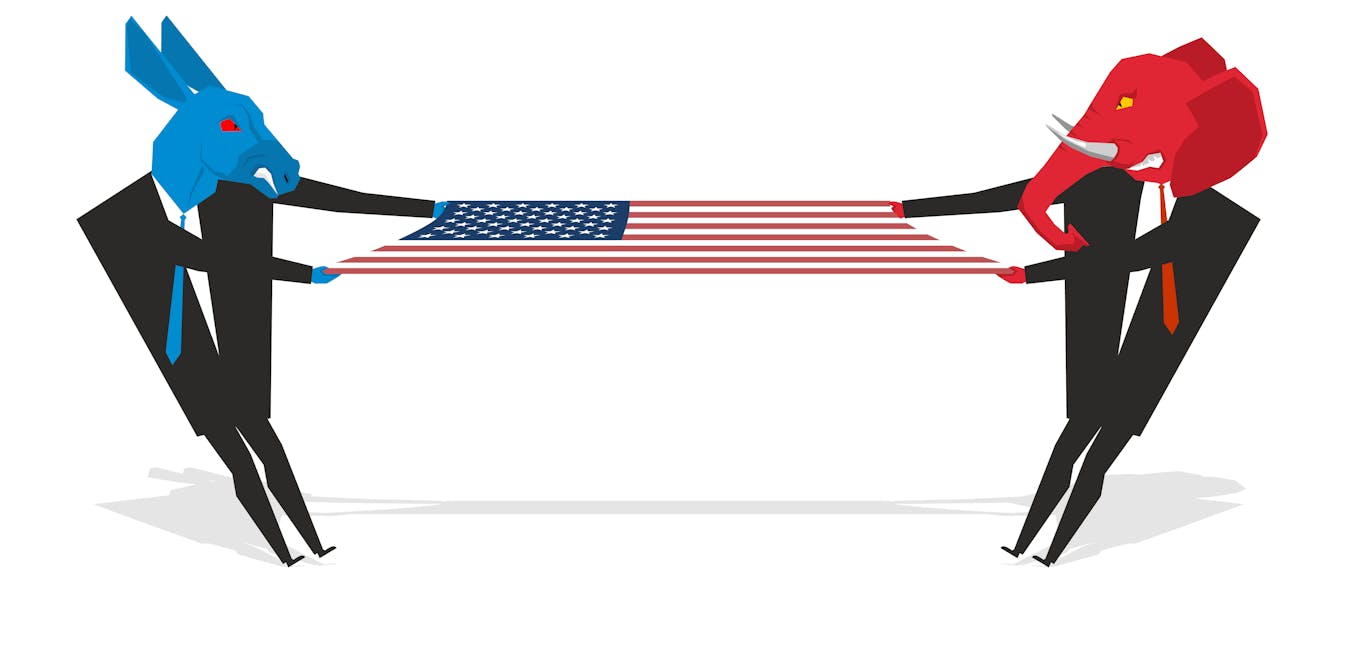When asked, "What Is the Transhistoric Relationship Between the Press and the Government in a Society Aspiring to Democracy?" the answer is not always straight to the point. The Government and Presses relationship sure has been a rocky one. Let's take a look back at one of the very first break news moments in America's history, the Civil War. This war was a major game-changer for America, I mean you had Americans killing other Americas, family killing family, so of course, this was going to bring out reporters. Yet, when reporters were simply just doing their job, reporting facts to their community about the horrific event, the government attacked the press. Ultimately, throwing them in jail and shutting down their papers. Thus, starting the shaky relationship of the Press and the Government. Which, continued with every war since such as the Spanish-American War, WWI, the Korean War, the Vietnam War, and even as far as the War on Iraq.
This type of behavior can violate the third clause of the First Amendment, which states "Congress shall make no law ... abridging the freedom of the press." According to the Bill of Rights, this is one of the strongest rights we have as free citizens. So, why wasn't the Government punished for this? Well honestly there is no answer, other then they are the Government. I am not hating on how the Government is run, it is even argued that this type of behavior is what was best for all of society at the time.
This rocky relationship is really interesting when you dive deeper into it, due to the cardinal rule. The cardinal rule in simple terms means that the government gets all its power from the people. Which, is strange considering the government is specifically making the press very mad. This probably isn't smart on the government's part considering the Press is where society gets most of their information from. This type of system is called the chief conduit of public discourse, meaning the Public carries messages to the government and vice versa.
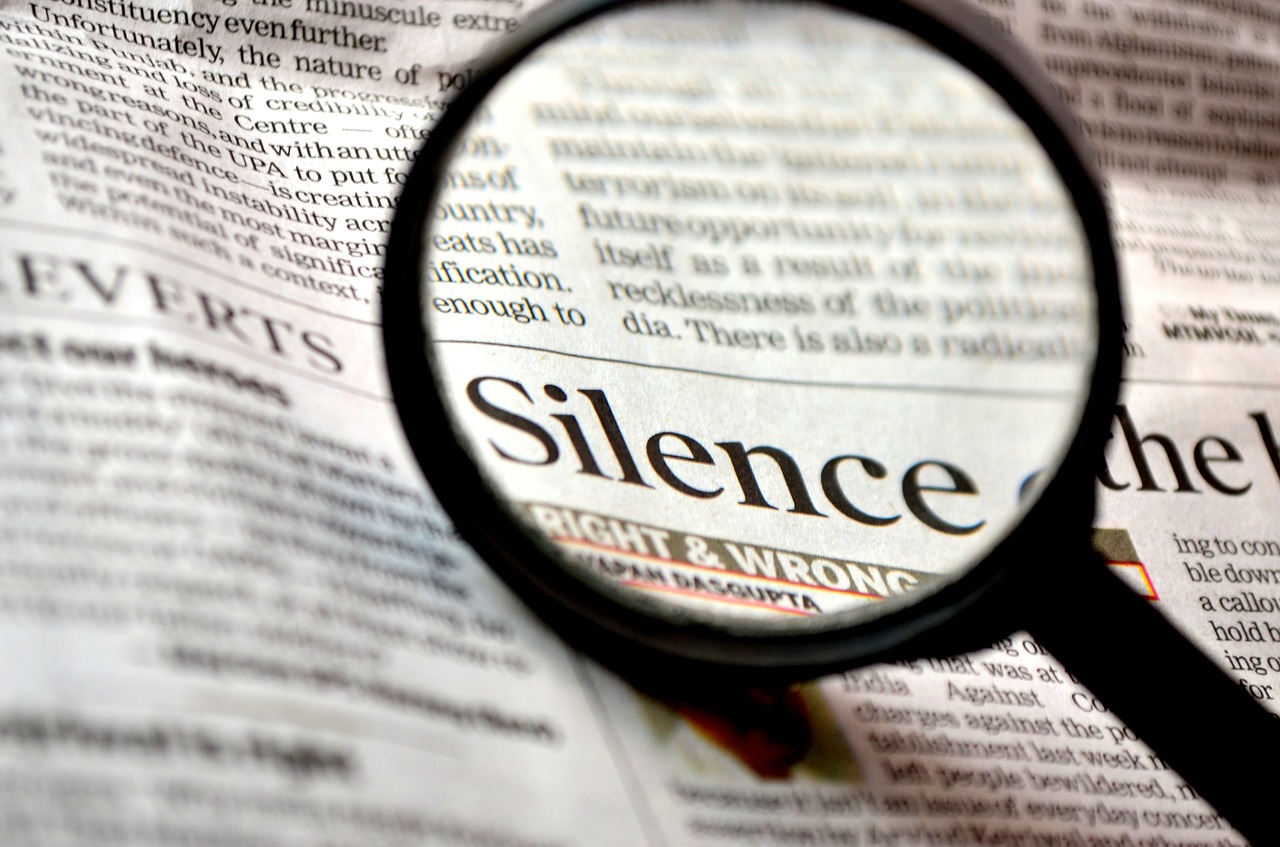 This relationship has continued so far that news terms have been created to describe the government instating fear in people. The chilling effect, it seems like a simple term but is much more complicated when you think about it since it can be opinion based depending on who you ask. However, Wikipedia states the chilling effect as "discouragement of the legitimate exercise of natural and legal rights by the threat of legal sanction" Basically, this is when a group of people is scared to exercise their right of free speech due to fear of what could happen to them under legal law.
This relationship has continued so far that news terms have been created to describe the government instating fear in people. The chilling effect, it seems like a simple term but is much more complicated when you think about it since it can be opinion based depending on who you ask. However, Wikipedia states the chilling effect as "discouragement of the legitimate exercise of natural and legal rights by the threat of legal sanction" Basically, this is when a group of people is scared to exercise their right of free speech due to fear of what could happen to them under legal law.
With the Chilling effect, I specifically looked into the period after 9/11, since the United States took many actions to investigate the event such as the Global War on Terror. As I can imagine many Muslim-Americans were being judged, criticized, and blamed due to their race. After looking into the Global War on Terro much more the campaign as did many internet monitoring, since the American intelligence community learned that al-Qaeda used the Internet to plan attacks and communicate with its members. This study focus on Muslim-Americans and the way they used the internet after 9/11. As a result, many Muslim-Americans believe that their internet uses were being monitored, but this led little to change the way they used the internet. You can take a closer look at the study done by clicking here.
As for the movie, Good Night, and Good Luck it tries into all aspects of this blog. To give a quick summary of the movie Edward R. Murrow a reporter for CBS reported several stories on Senator Joseph McCarthy of Wisconsin attempting to expose him as a treat, due to his campaign called McCarthyism. Within the Movie, there were unfair trails about ties to communism, loss of sponsorship, and very opinionated people. Despite all this backlash, the stories still run. This is a very important Movie to show reporters as well as everyday citizens not to back down when they believe in something. The CBS reports sure didn't they still exercised their right of free speech as well as not letting the fear of the Government stop them, otherwise known as the Chilling Effect. As Edward R. Murrow quoted "journalists are the ones with the responsibility to keep the public informed of the real world, regardless of its unpleasantness."

